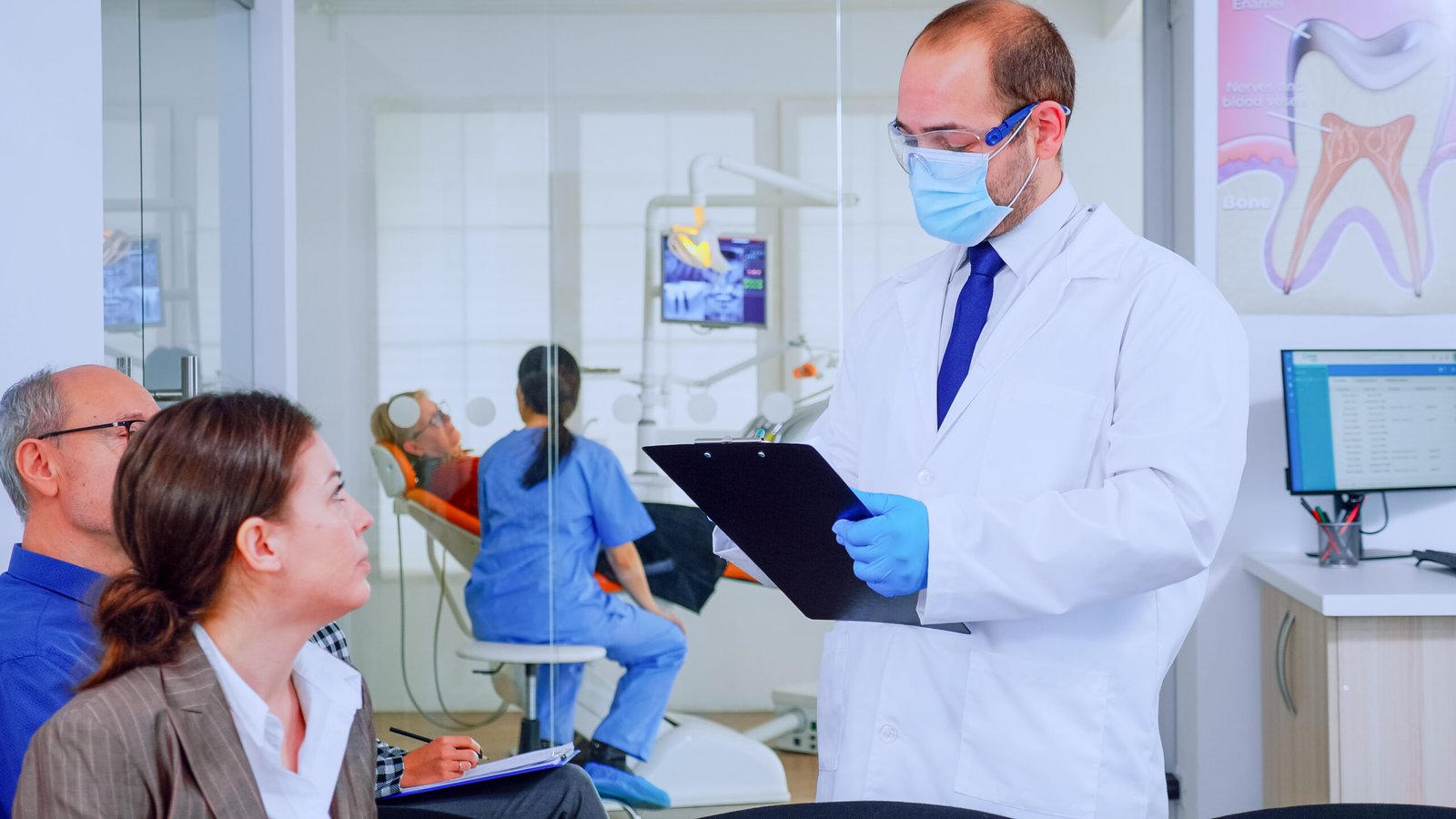Dentists now harness salivary biomarkers to enhance your dental care. This means each visit focuses on your specific health needs. Saliva, often dismissed, holds crucial health insights. A dentist in North Dallas, along with others, uses this straightforward tool for valuable health information. These biomarkers signal potential issues early. Dentists then adapt treatments to suit your unique requirements. This method is more precise, leading to better outcomes for you. By emphasizing these biomarkers, dentists identify concerns sooner. This approach reduces unnecessary procedures and improves your overall experience. Personalized care is essential. It represents a shift in dentistry toward prioritizing your health and comfort. Dentists use this personalized data to ensure every appointment is effective and worry-free. This strategy marks a change toward patient-focused care in dentistry.
Understanding Salivary Biomarkers
Salivary biomarkers are molecules found in your saliva. They include proteins, enzymes, hormones, and other substances that reveal your health status. These markers can indicate inflammation, infections, or even risks of systemic diseases. Easy to collect and non-invasive, saliva provides a painless way to gather critical health data.
Benefits of Using Salivary Biomarkers
- Accuracy: Offers precise data for health conditions.
- Early detection: Identifies potential health issues before symptoms occur.
- Personalized treatment: Allows for tailored dental care plans.
Comparison: Traditional Methods vs. Salivary Biomarkers
| Aspect | Traditional Methods | Salivary Biomarkers |
|---|---|---|
| Data Collection | Often invasive and uncomfortable | Non-invasive and simple |
| Detection Time | Symptoms-based | Early, before symptoms |
| Treatment Customization | Generalized approach | Highly personalized |
Applications in General Dentistry
Salivary biomarkers are now used in various aspects of dental care. They help in diagnosing periodontal diseases, assessing risk for cavities, and even screening for oral cancers. A study by the National Institutes of Health highlights the potential of saliva in detecting cancer biomarkers. This makes routine dental visits even more critical in maintaining overall health.
Impact on Patient Experience
For patients, this means a shift toward proactive care. Dentists focus more on prevention rather than just treatment. You experience fewer invasive procedures and more comfortable, personalized care. Health concerns are addressed early, reducing stress and improving long-term outcomes.
Challenges and Considerations
Although the potential is high, applying salivary biomarkers in dentistry still comes with certain hurdles. The interpretation of results can vary, requiring dentists to stay updated with ongoing research. Ensuring the accuracy and reliability of tests remains crucial. Additionally, patient education is important to enhance understanding and acceptance of these methods.
Future of Dental Care
Bringing salivary biomarkers into everyday dental practice marks an important step forward for modern dentistry. As research progresses, the scope of biomarkers will expand. This might include a broader range of health conditions, making dental visits a key part of your overall healthcare strategy.
In conclusion, salivary biomarkers are transforming dental care. They enable dentists to provide you with precise, personalized treatments. Prioritizing prevention and spotting issues early can lead to major improvements in your oral health. This proactive approach enhances your well-being, ensuring each visit is beneficial and tailored just for you.

